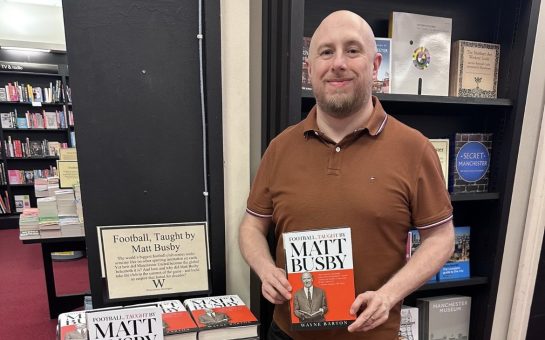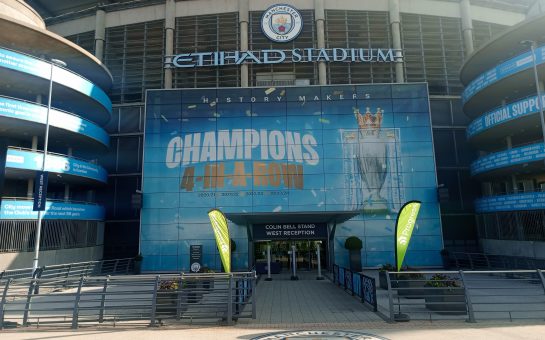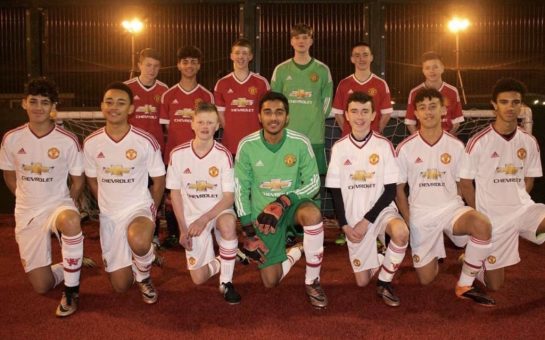Manchester United’s defeat in the FA Cup quarter-final replay is evidence that a managerial merry-go-round can be just as successful as long-term stability under one manager – at least in the short-term.
The match was more than a showdown between two of England’s heavyweights, it was a clash of the beautiful game’s opposing philosophies.
Manchester United’s managerial stability met head on with the ‘revolving-door’ policy currently employed at Stamford Bridge as both sides tussled for the honour of taking on Manchester City in the semi-final.
And it was Rafa Benitez’s men – looking for their fifth FA Cup in seven years – who came out on top while United’s decade-long wait to add to their 11 triumphs goes on.
In modern day football, milk can often have a longer shelf-life than most managers and it is now a measure of their success if they are still in the same job after a year.
Sir Alex Ferguson and Manchester United are the exception to the rule and this exception has brought 27 major trophies in 27 years, not including the ten Charity Shields they’ve hauled in.
In his tenure at Old Trafford, the Scot has won 12 Premier League titles, two Champions League trophies and five FA Cups – a record few, if any, can match.
They are the perfect of example of the success that can be achieved through patience and giving a manager time during disappointing times.
But over the last twenty years, football has evolved into a results-driven business and as such managers are given less time to implement their ideas and build a team capable of winning trophies.
Interestingly, this has so far done nothing to slow down Chelsea – one of the most successful English clubs this century, despite going through nine managers in as many years.
Since trigger-happy Russian billionaire Roman Abramovich took over at the Bridge in June 2003, the Blues have won ten major trophies – surprisingly, the same as Manchester United during the same period.
Both teams are still on course to add to their tallies this season – the Red Devils are 15 points clear chasing a record 20th league title, while Chelsea are going strong in the FA Cup and Europa League.
And by competing with United, in terms of trophies won, the Blues have proven chopping and changing managers was not quite the recipe for disaster we were led to believe.
Traditionally, clubs who regularly dispose of their managers on a monthly basis tend to fare poorly – the two North East clubs are testament to that – and in this respect, Chelsea are also an exception to rule.
The fundamental difference between the two examples is money.
With the vast sums Abramovich has poured into the London club, he has been able to hire some of the world’s best managers – Jose Mourinho, Luis Felipe Scolari and Guus Hiddink to name a few – bringing with them success.
But what happens when the money runs out? What happens when Abramovich gets bored and decides to cut his losses?
Chelsea will revert to type and the fans will have to endure a period of drought before success returns.
A new manager each year may have bought triumphs in the short-term, but in reality, the model so ably demonstrated by Manchester United is the best way forward to ensure long-term success.
Image courtesy of Yahoo UK video, with thanks.
For more on this story and many others, follow Mancunian Matters on Twitter and Facebook.



